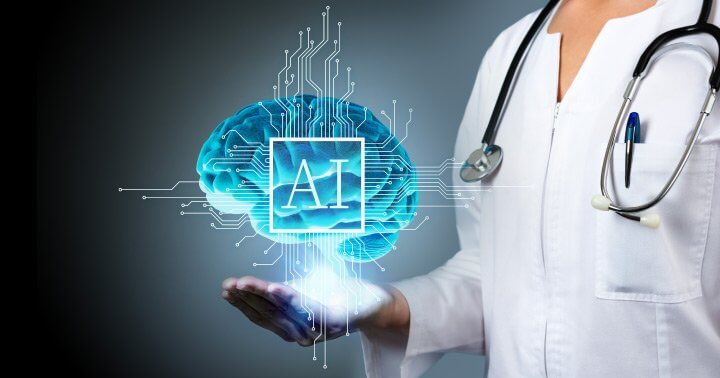The health sector is developing new digital solutions to improve the diagnosis and treatment of skin diseases, a field in which there are numerous chronic ailments. Combining artificial intelligence with image recognition, a Spanish company has created an Optical Diagnostic System that allows doctors to remotely monitor these pathologies and improve patient care.
As a result of the pandemic, new telemedicine tools have emerged that have helped doctors care for patients remotely , but they have mostly focused on the diagnosis and monitoring of COVID-19 and other diseases considered to be priorities. Meanwhile, other pathologies are not receiving the same attention or resources, as is the case of dermatological diseases, which affect millions of people and among which there are some chronic ailments that considerably affect people’s quality of life, such as psoriasis, eczema or hidradenitis.
In order to improve the monitoring and treatment of certain diseases, the health industry has begun to combine the latest advances in image recognition and artificial intelligence to create intelligent tools such as Computer Aided Diagnosis (DAO) systems , which help their identification through algorithms. And now this technology has been applied to the field of dermatology, thanks to Futurs, the technological division of the Ribera sanitary group. Thanks to the support of the European COVID-X program and the work of researchers at the University Hospital of Torrejón and the startup Legit.Health, they have created an AI-based digital dermatology tool for remote monitoring of skin diseases.
A key factor of these ailments is that they often present symptoms whose severity fluctuates rapidly over time and often cannot be seen during medical visits. That is why it is so important to be able to carry out a correct remote monitoring , and having a remote monitoring tool can be vital to identify patterns that indicate the progress of the disease, something key in chronic cases.
The Dermatology unit of this university hospital is currently carrying out a study to expand the number of diseases that this tool is capable of monitoring, in order to improve follow-up and provide personalized care to patients . The support of this European program for the digital transformation of health will be vital to expand the capabilities of this type of solution and to strengthen collaboration between companies in the health industry and eHealth startups, in order to promote an agile program of end-to-end validation of new health technologies .
With the application developed by Futurs, it is enough for the patient to take a photograph of the skin lesions, and the AI algorithms take care of analyzing it and providing diagnostic results in just a few minutes. This tool analyzes the image and the variation with the previously taken photographs and is able to measure the progress of the disease based on its visible symptoms. This provides clinicians with a valuable alert system of worsening illness or cases where treatment should be prioritised.
In addition, this information is integrated into the electronic medical record developed by Futurs, called Cynara Care , along with many other health data about patients. Its creators point out that, since its launch in 2020, this tool has been used to monitor patients with diseases such as psoriasis, acne, atopic dermatitis, hidradenitis, urticaria and dermatological conditions related to COVID-19, which require constant monitoring. by specialists. Patients and doctors have highlighted that this technology has helped them to better treat these ailments, and now the researchers’ work is focused on extending these capabilities to other diseases dermatological or whose symptoms are manifested on the skin.

